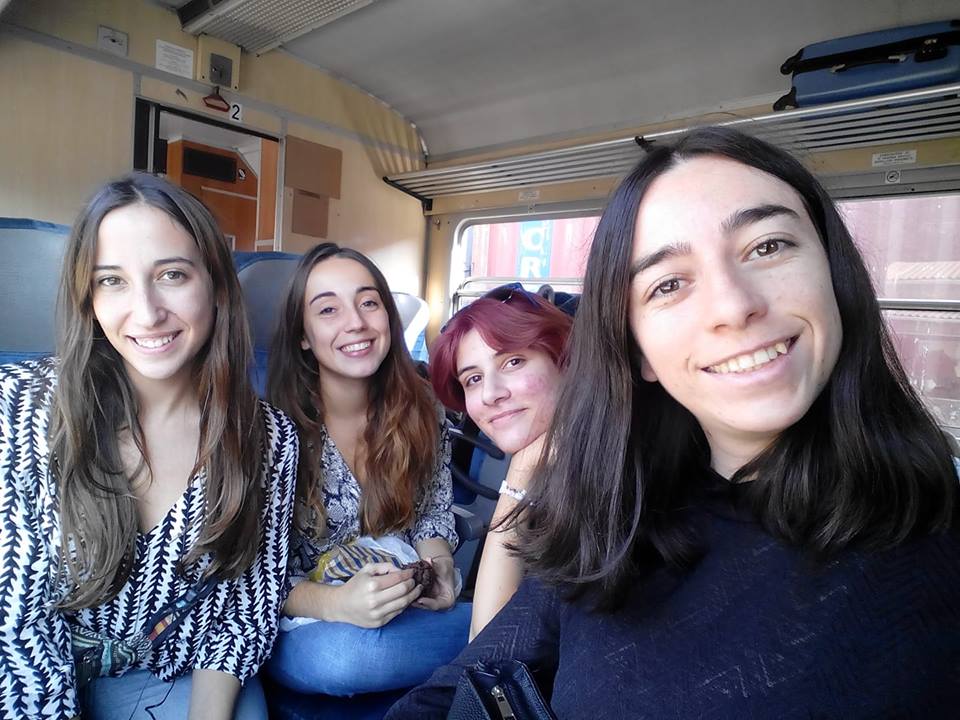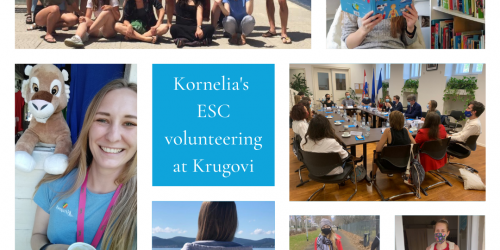Empty nest syndrome
The moment I found out I was moving for this ESS project, my excitement went through the roof. That excitement was not found in my lovely mother. I always knew my moving out would be a little problematic for both of us because we are exceptionally close and we have never really been apart for a longer period of time. I have lived at home all my life, so this was a big step for both of us. My mother was obviously really proud and happy for me because she knew this was something that I have wanted for a long time, but she was also very upset and anxious over her child going to a big city all on her own. Seeing as this has had a huge impact on her, I wanted to research all potential ways to help her, so she could feel less sad and lonely. I do not want her to feel like she lost her purpose in life just because her children are not in their childhood home anymore.
While researching this topic, I found out that the usual symptoms of the Empty Nest Syndrome can include depression, a sense of loss of purpose, feelings of rejection or worry, stress, and anxiety over the child’s well-being.
There are a few very prominent tips all parents could use once their children decide to go live on their own –
The first tip for dealing with ENS is to honestly accept your feelings. Every parent eventually has to let go of their children, in one way or another, and feeling sad about it is absolutely normal. However, the parents have to think rationally, they cannot allow themselves to spiral into feelings of insecurity and loneliness to the point where it affects their own lives. Their lives are not over just because their children are not with them, and now it is the time to explore their newly-found freedom.
The second tip is to stay in contact with your children. It is really easy to keep in touch nowadays – you can send a text message in a second or spend hours on a video call. I personally love to video call my mom because we get to see each other and talk about our days, and that is the closest we can currently get. It is not the same as being able to hug her but the most important thing is that we are still a constant in each other’s lives.
The third tip is to do more for your local community. Being included in something gives you a new sense of purpose so whether you’re a new volunteer, you joined a bookclub, you garden with your friends… having something in your schedule will fill out your days and bring you new friendships and acquaintances.
The final tip is to talk to people if the feelings of sadness are getting to you. Open up and listen to other people’s experiences because they will make you feel less alone and you will get to hear the ways they dealt with their children leaving.
Karla Špiranec






